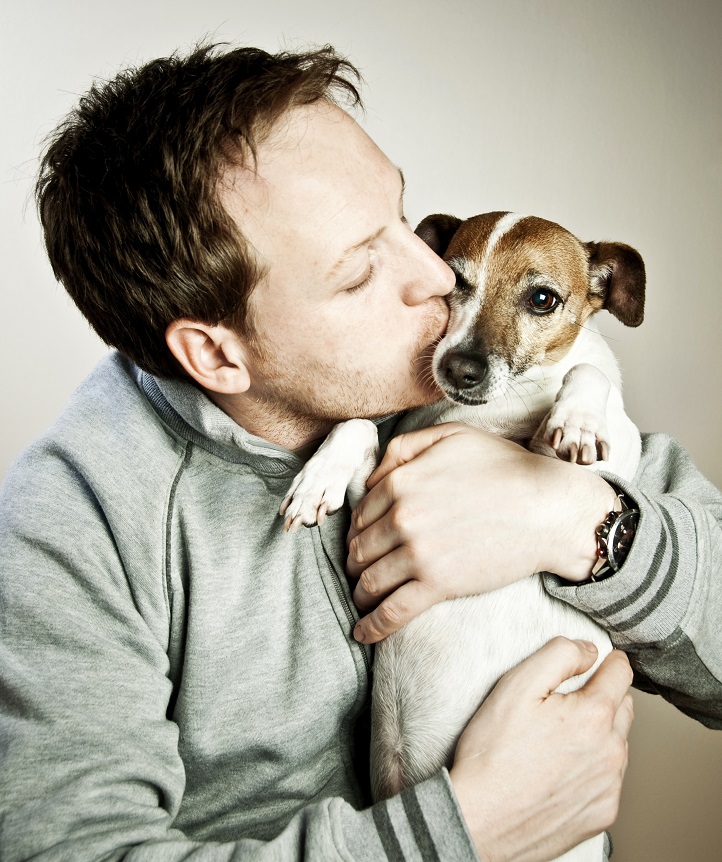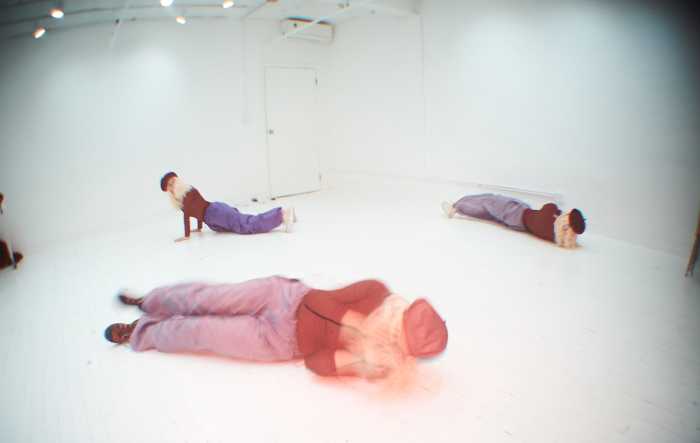Let NorthShore Animal League help you choose the right dog by identifying the type of dog that best matches your lifestyle.
Here are several factors to consider
If you live alone in a small, third-floor apartment, for instance, adopting a large, active retriever mix might not be the best choice. Conversely, if you have a family of four and are looking for a companion to match your active lifestyle, such an animal may be perfect.
A dog’s size, exercise requirements, friendliness, assertiveness and compatibility with children should all figure into your decision.
Which dogs have the qualities you’re looking for?
Information is the key: Learn about various breeds, visit with animals at the shelter, and speak with an adoption counselor for guidance.
Dogs fall into one of two categories: purebreds or mixed breeds – dogs that we call Mutt-i-grees®. The only difference between the two is that with purebreds, their parents and other ancestors are all members of the same breed, and generally conform to a specific “breed standard.” This means that if you adopt a purebred puppy, you have a good idea of how big he’ll get and what general physical and behavioral characteristics he’ll have.
Adopt a unique Mutt-i-gree
A mixed-breed dog has a more diverse genetic makeup. Nonetheless, the size, appearance and temperament of most mixed-breed dogs can be well predicted, too. After all, mixed breeds are simply combinations of different breeds. So if you can recognize the ancestry of a particular Mutt-i-gree mix puppy, you have a good chance of knowing how he’ll turn out, too.
Mutt-i-gree mixes offer several other advantages, too. When you adopt a Mutt-i-gree mix, you benefit from the combined traits of two or more breeds. That results in a dog that’s less likely to be impacted by genetic defects common to certain purebred dogs. Mutt-i-gree mixes are often considered the more “natural” dog. When you adopt a Mutt-i-gree mix, you adopt a totally unique companion.
Visit with shelter animals
While you’re at the shelter, keep in mind that it is a stressful place for any animal. Quite often, a dog’s true colors won’t show until he’s away from other animals and the shelter environment. So, even if you walk past a kennel with a dog that isn’t looking for your attention, don’t dismiss him just yet. He may just be scared or lonely.
An adoption counselor can help you select a dog that’ll match your lifestyle. When you spend time with each animal, you’ll want to ask yourself, “How old is the dog?” You may want to select a puppy as your new companion. However, young dogs usually require much more training and supervision than more mature dogs. If you lack the time or patience to housetrain your pup or to correct problems like chewing and jumping, an adult dog may be a better choice.
How shy or assertive is the dog? Although an active, bouncy dog might catch your eye, a more quiet or reserved dog might be easier to live with and care for.
How good is the animal with children? Learning about a dog’s past from an adoption counselor can be helpful, but past information isn’t always available. In general, an active dog who likes to be touched and is not sensitive to handling and noise, is a dog who’ll probably do well in a house full of kids. Also keep in mind that puppies under six months of age, because of the demanding nature of training a pup, are not a good choice for families who have no one home during the day.



































